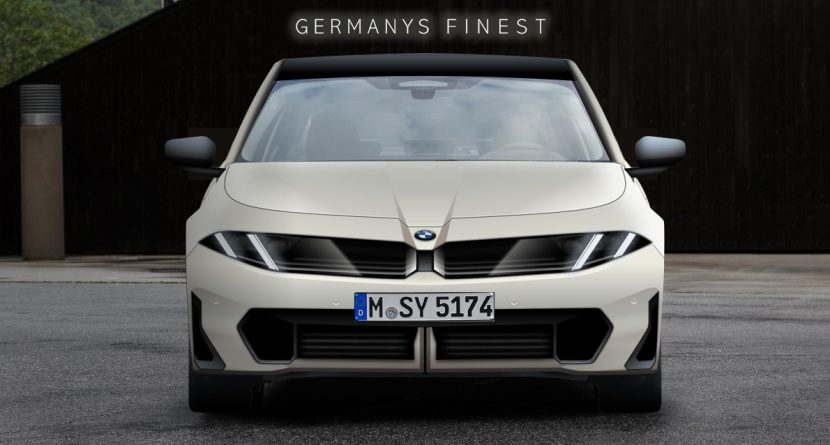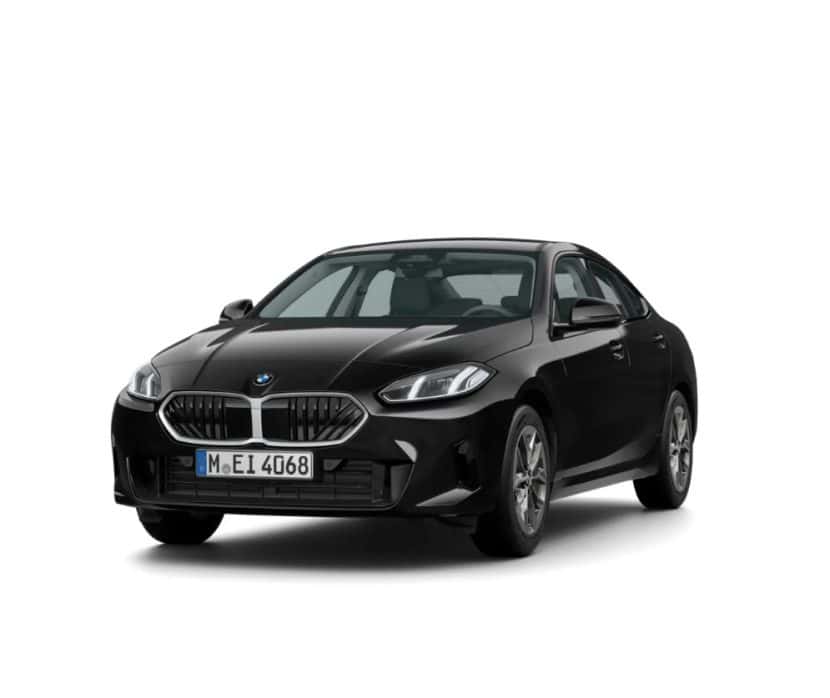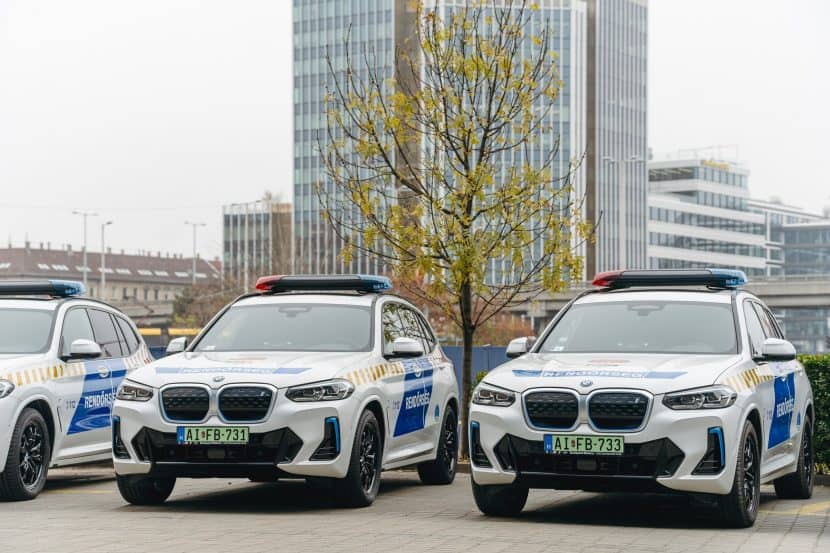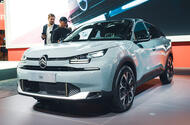BMW is intensifying testing for the next-generation 3 Series (G50) and its Neue Klasse-based electric counterpart, the i3 (NA0). Last week, several prototypes were spotted by spy photographers in Germany, potentially causing some unease in Munich. However, public testing is a necessary step in the development process and often provides valuable material for rendering artists, who use these sightings to imagine what the future models might look like.
A Glimpse of the Neue Klasse BMW i3
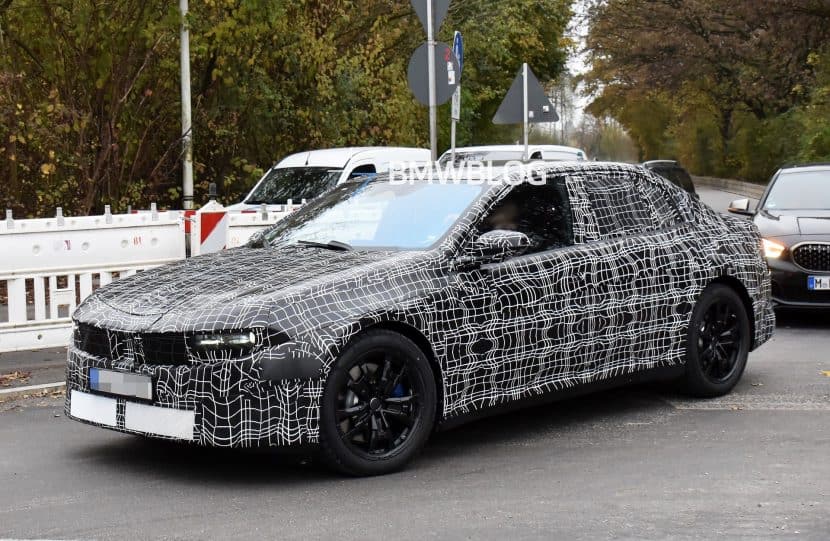
A recent Photoshop render offers an interpretation of the Neue Klasse BMW i3, showcasing what a production model might resemble. Compared to the futuristic Vision Neue Klasse sedan concept, this render translates the concept elements into a realistic production-ready design. The front end retains the “phygital” design language—combining digital and physical cues—introduced by the concept car. Traditional double headlamps are replaced by diagonal LED lights that maintain BMW’s characteristic dual-light design. The kidney grille, now a single glass panel, integrates lighting elements to create shapes.
The lower bumper features a central split, aligning with the grille’s separator and the hood crease, a hallmark of BMW design to align important cues. Subtle air intakes sit above the lower spoiler, while the side mirrors appear production-ready. Overall, the Neue Klasse design adopts cleaner, simpler shapes, reflecting the ethos of modern electric vehicles.
Heritage-Inspired Design
Kai Langer, Head of BMW i Design, revealed in a previous interview that his team drew inspiration from the iconic E30 3 Series, the second-generation model produced between 1982 and 1994. By reimagining design elements such as the E30’s window sill height, Langer’s team infused the Neue Klasse with a sense of heritage while avoiding overtly retro aesthetics. This subtle nod to the past ensures the design appeals to both traditionalists and modernists.
The Neue Klasse Platform: A New Era for BMW
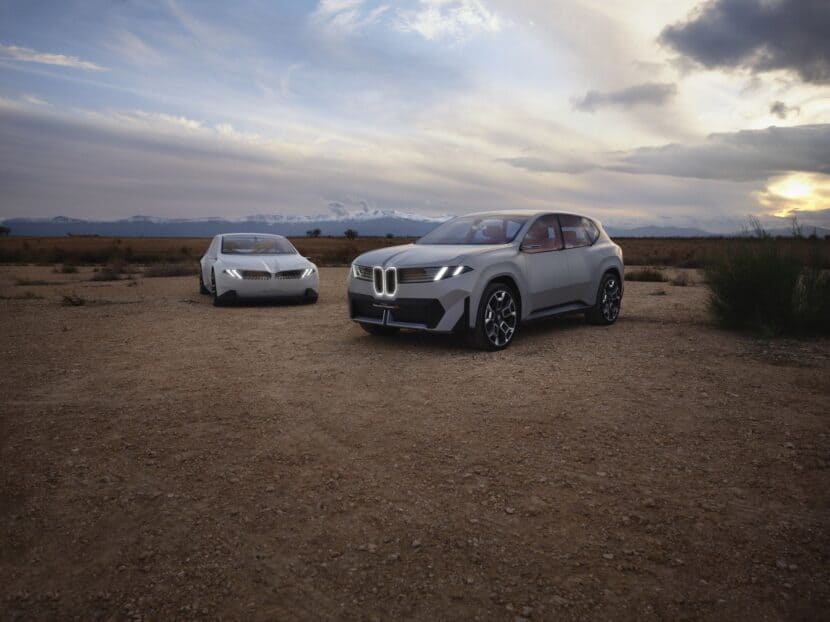
The most significant change lies beneath the surface. The Neue Klasse (NCAR) architecture will underpin the new i3 and a broader lineup of next-generation BMW electric vehicles. This EV-first platform will debut in 2025 with the iX3 (NA5), setting the foundation for BMW’s future in electrification. Range will be a key factor for the i3’s success. Sources suggest that the most efficient version of the NA0 i3 could achieve up to 900 kilometers (559 miles) of range, based on the WLTP cycle—a promising figure for prospective buyers.
[Render: @germanysfinest43]
First published by https://www.bmwblog.com
Source: BMW BLOG
